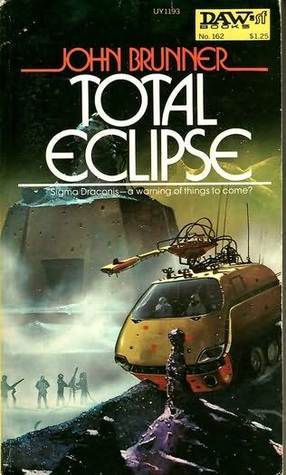What do you think?
Rate this book


206 pages, Mass Market Paperback
First published January 1, 1974
«È facile guardare tranquillamente in faccia un grave problema» ribatté Igor. «I gravi problemi sono semplici, facili da definire. I piccoli invece sfuggono, e sono quelli che rendono la gente irritabile e litigiosa. Sanno che qualcosa non va, ma non sanno cos'è.»